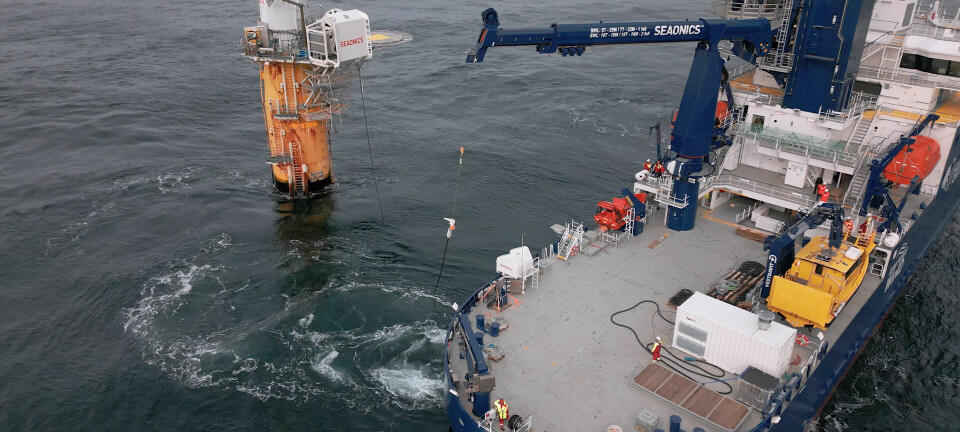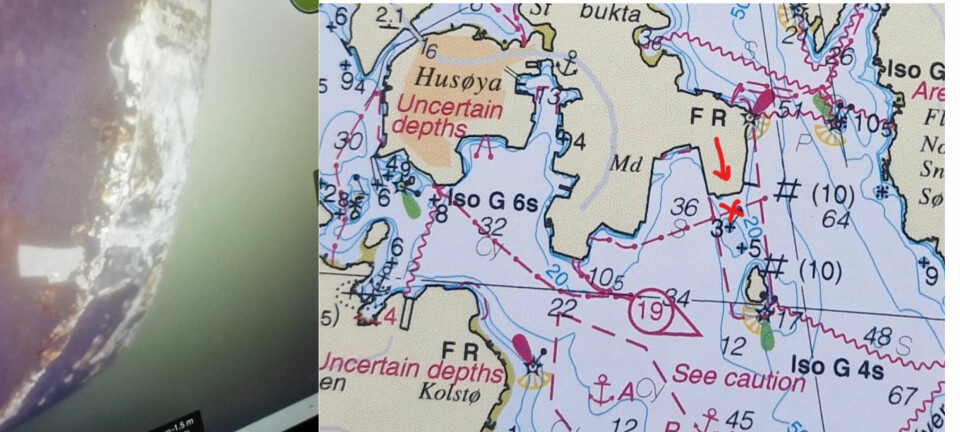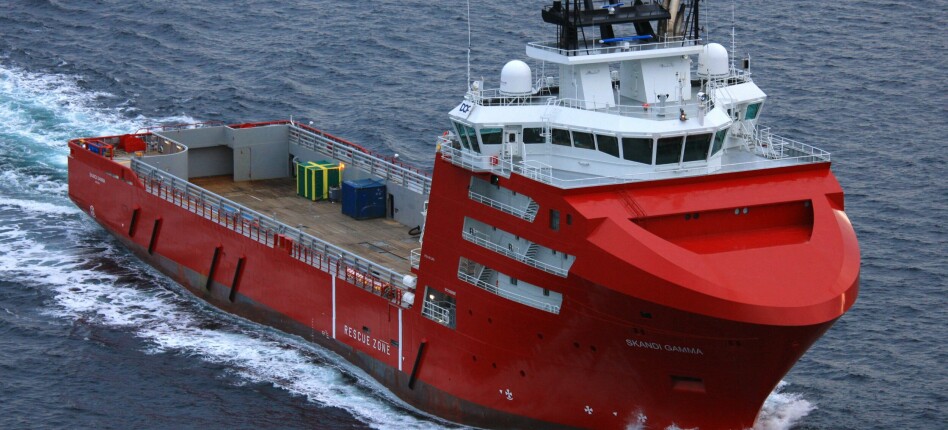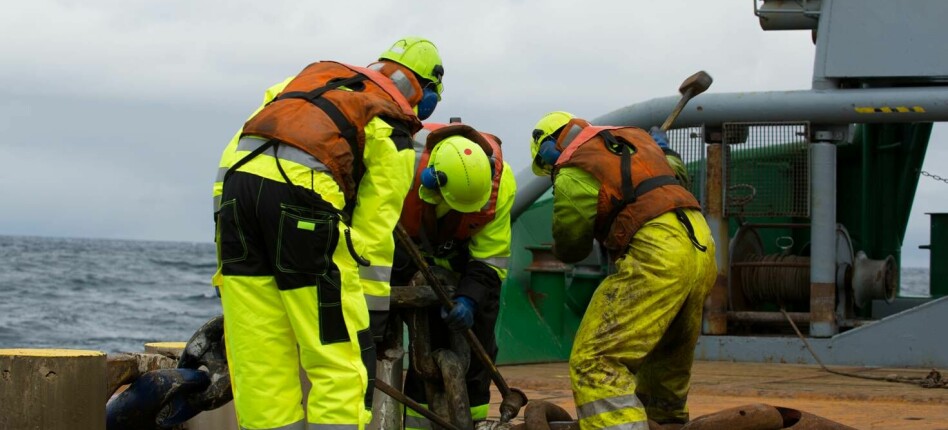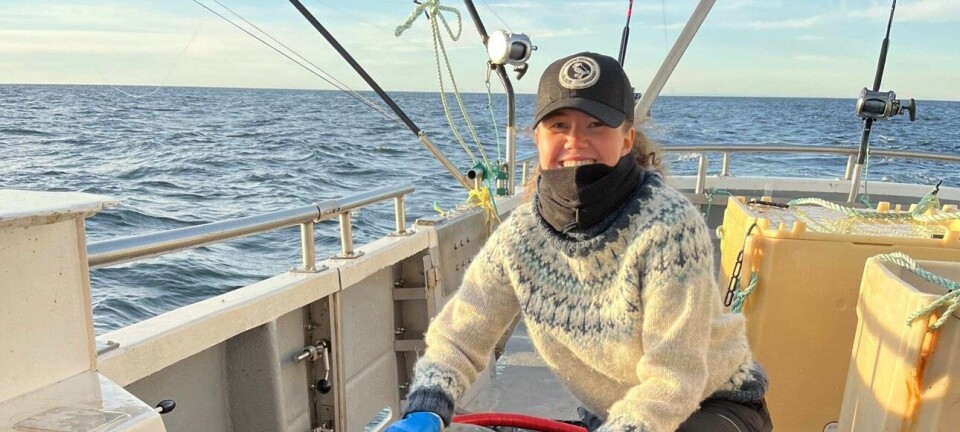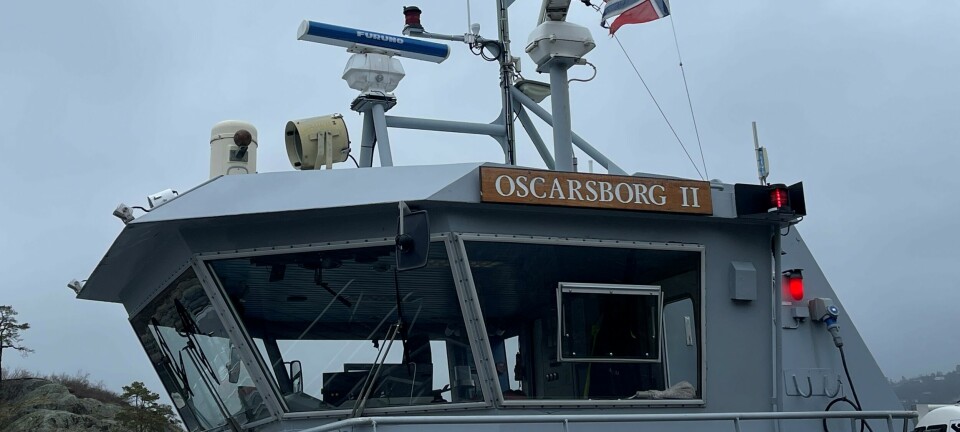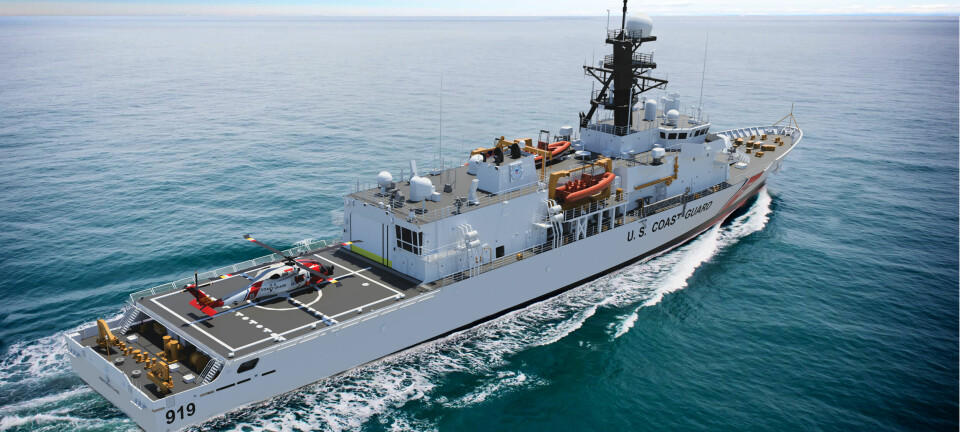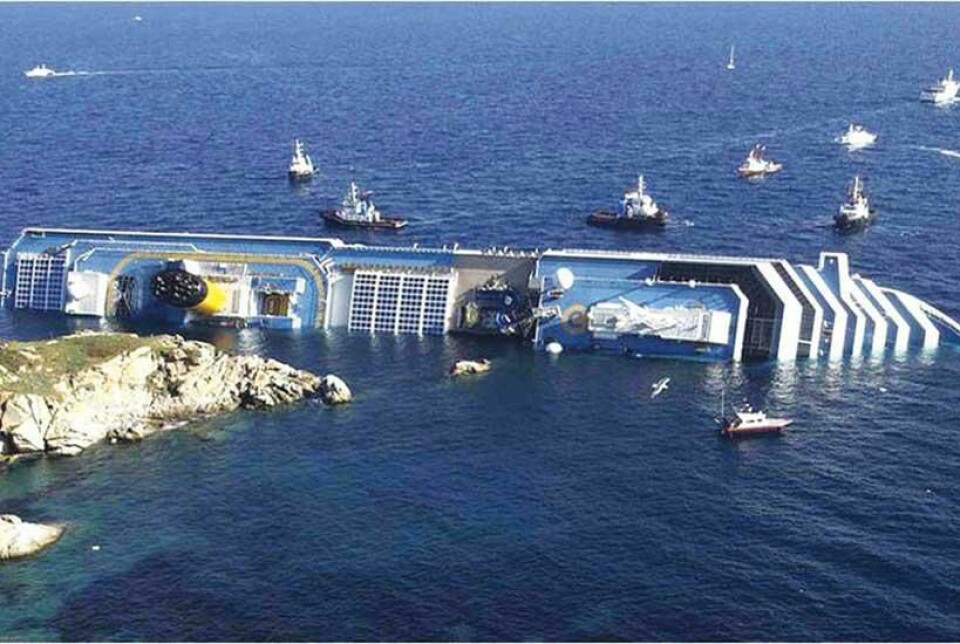
New safety policies for the cruise industry
On behalf of the global cruise industry, Cruise Lines International Association (CLIA) and the European Cruise Council announced that the cruise industry has adopted three new safety policies which are to be implemented with immediate effect.
Denne artikkelen er tre år eller eldre.
New safety policies for the cruise industry
On behalf of the global cruise industry, Cruise Lines International Association (CLIA) and the European Cruise Council announced that the cruise industry has adopted three new safety policies which are to be implemented with immediate effect.
These three new policies, which go beyond even the strictest of regulatory requirements, address issues related to
Passage Planning – Although cruise lines have followed IMO guidance on passage planning for many years, our policy now deems this to be a mandatory minimum requirement and enhanced by endorsement of the best practices contained in the International Chamber of Shipping’s Bridge Procedures Guide. Furthermore, under this policy each passage plan is to be thoroughly briefed to all bridge team members well in advance of its implementation and it is to be drafted by a designated officer and approved by the master.
Personnel Access To The Bridge – To minimize unnecessary disruptions and distractions on the bridge, we have adopted a policy that bridge access is to be limited to those with operational functions during any period of restricted manoeuvring or when increased vigilance is required.
Lifejackets – In addition to the statutory requirement of carriage of lifejackets for each person onboard, we have adopted a policy of carrying additional adult lifejackets onboard each cruise ship in excess of these legal requirements so that the number of additional adult lifejackets to be provided must not be less than the total number of persons berthed within the ship’s most populated main vertical fire zone. This ensures that the number of lifejackets carried is far in excess of the number of persons actually onboard the ship.
These policies were reviewed by CLIA’s recently-announced panel of outside maritime and safety experts who are evaluating suggested policy improvements as part of the association’s continuous efforts to review and improve safety measures by developing comprehensive best practices for industry-wide implementation and ultimately, formal submission to the International Maritime Organization, as appropriate.
The new policies follow the industry’s announcement on January 27 of an Operational Safety Review in response to the Concordia incident and as part of the industry’s continuous efforts to review and improve safety measures.
